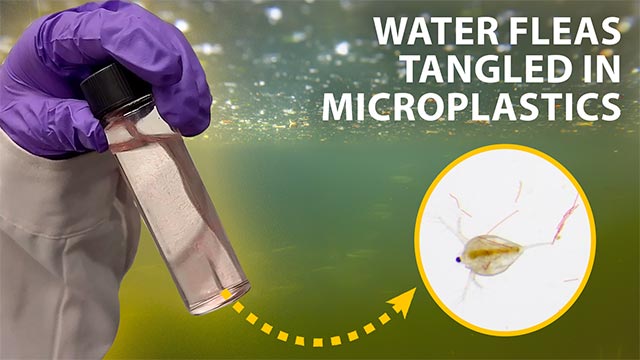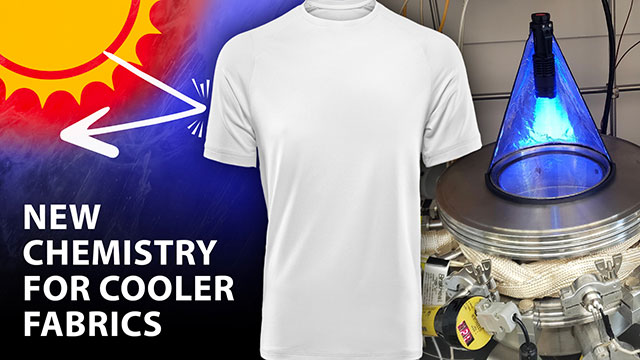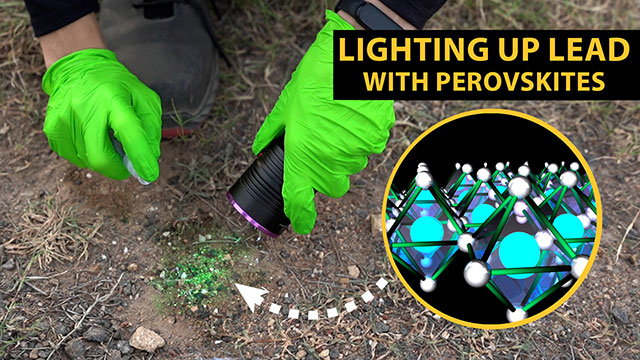Scientists are testing a new kind of medical implant that could help babies born with a rare heart condition called hypoplastic left heart syndrome. They used light-sensitive hydrogels to create a shunt that can be adjusted with minimally invasive surgery to fit a patient’s needs over time.
Read an ACS press release about this research: Expanding a child’s heart implant with light
“Development of a geometrically-tunable blood shunt for pediatric heart reconstruction surgery”
Presented at ACS Fall 2024 on Aug. 19, 2024
Presenter and principal investigator: Christopher Rodell, Ph.D.
Credits:
Written by Kerri Jansen
Produced by Kerri Jansen and Andrew Sobey
Edited by Janali Thompson
Narrated by Allison Tau
Executive produced by Matthew Radcliff
Wynne Parry contributed research for this video.
Research videos from Akari Seiner and Christopher Rodell, Ph.D.
Implant illustrations by Archimedic
Additional video and images: Shutterstock and Getty Images
Music: “ES_From the Past” by DEX 1200 from Epidemic Sound
Sound effects: Soundsnap
Transcript
This light is all you need to make a new kind of heart implant grow, and that could save hundreds of babies from open-heart surgeries every year.
Babies with hypoplastic left heart syndrome have underdeveloped hearts that can’t pump enough blood to the body. Surgeons implant a tube that temporarily reroutes blood until the child is old enough for a more permanent reconstruction. But as the babies grow, they need more surgeries to enlarge the tube and maintain good blood flow.
Researchers are using hydrogels to make an implant that expands on command without open-heart surgery. They coated the inside of the tube with a thick layer of light-sensitive hydrogel, and used a thin fiber-optic catheter to emit light evenly along the length of the tube.
Light makes the hydrogel contract, which increases the internal diameter of the tube and allows more blood flow — a small change that might be just enough to keep babies out of invasive surgeries.
The research is being presented at ACS Fall 2024, a meeting of the American Chemical Society.
To embed this video, please visit YouTube and use the Share function.









